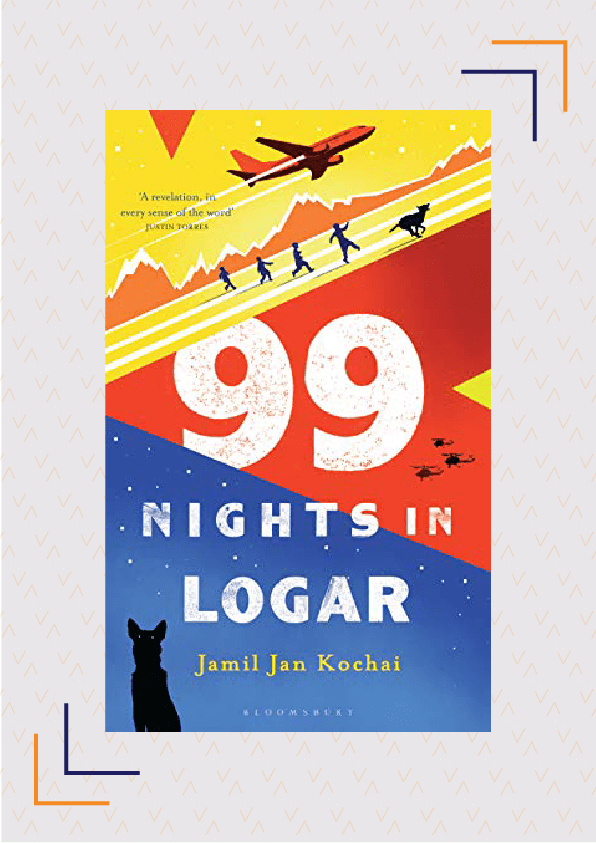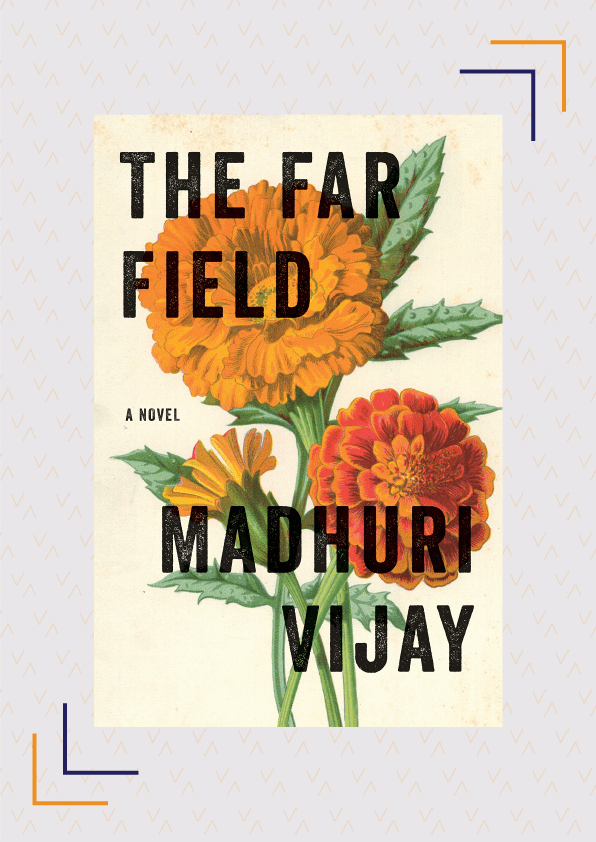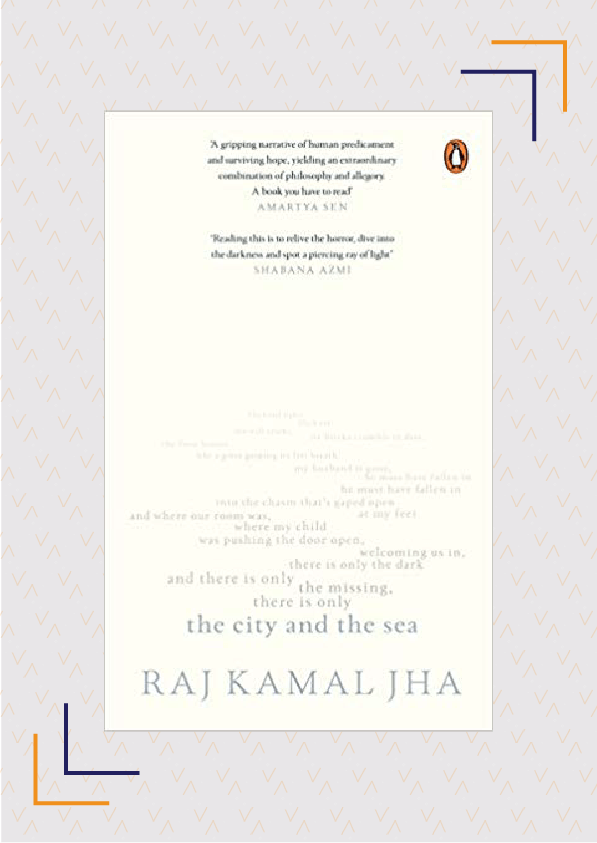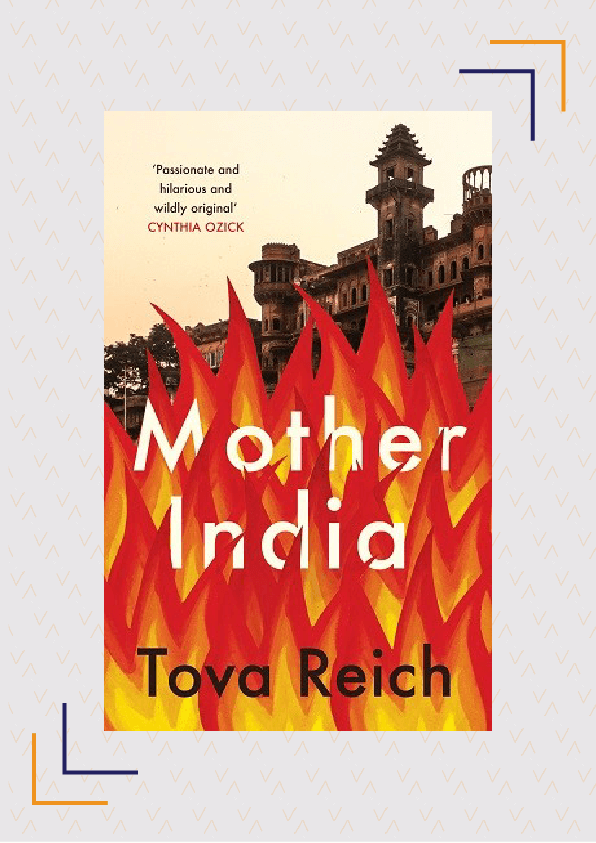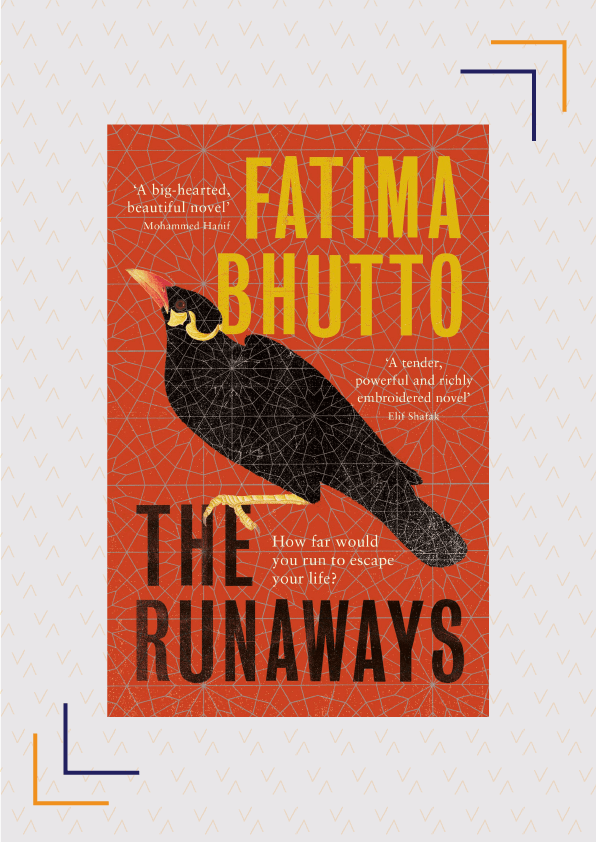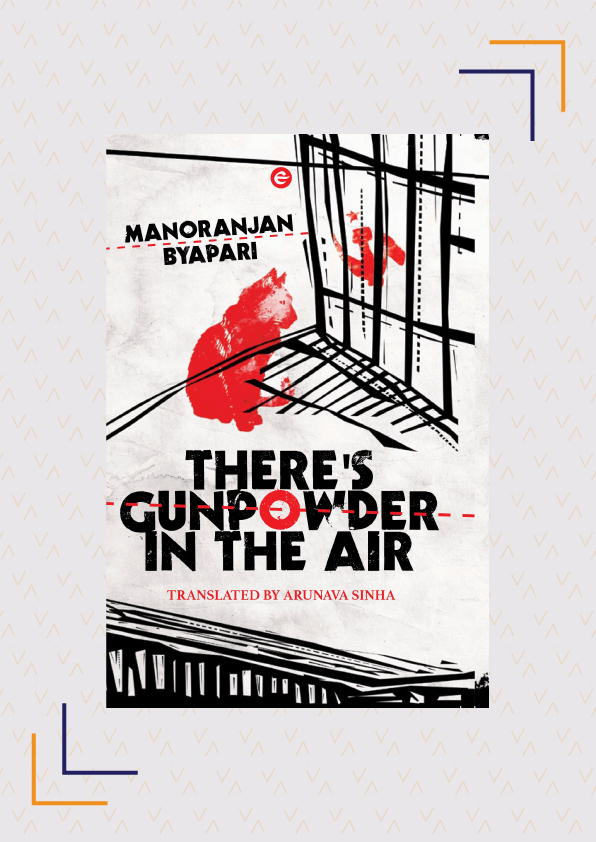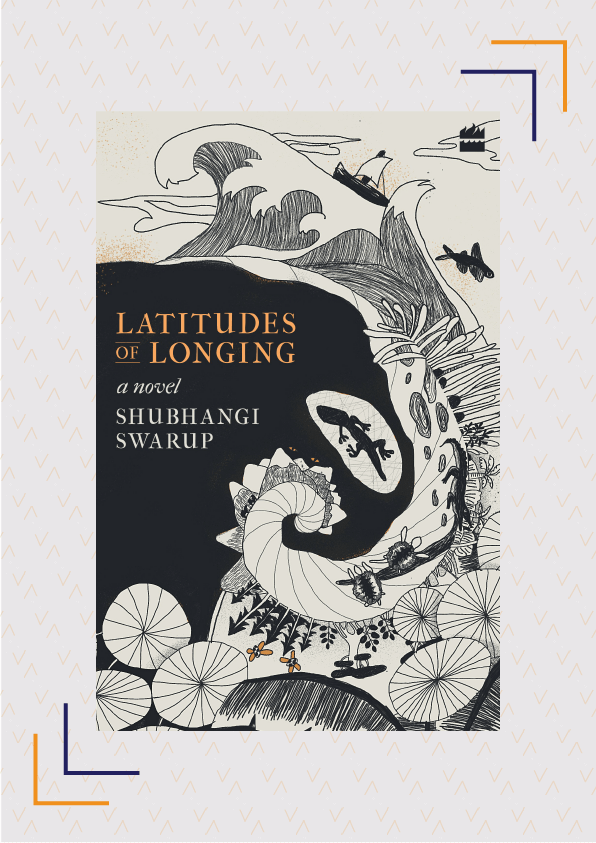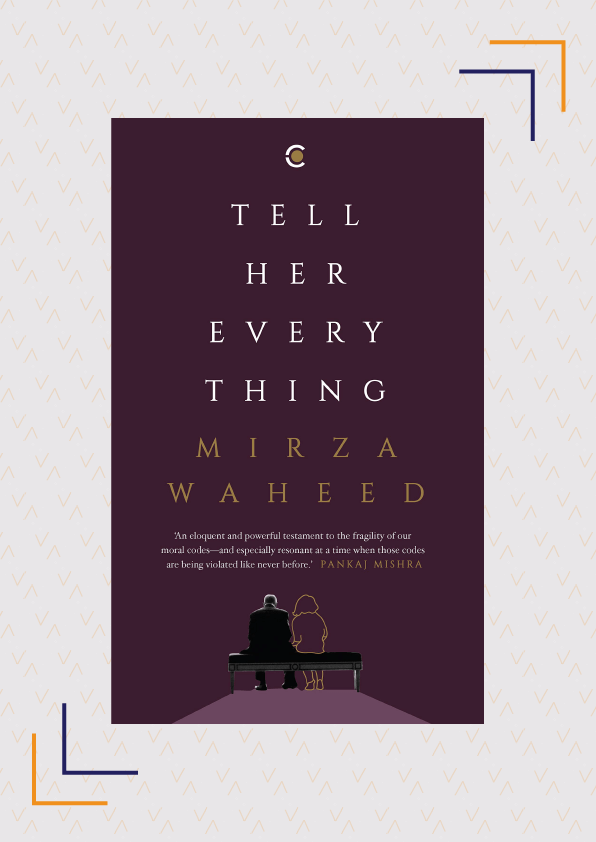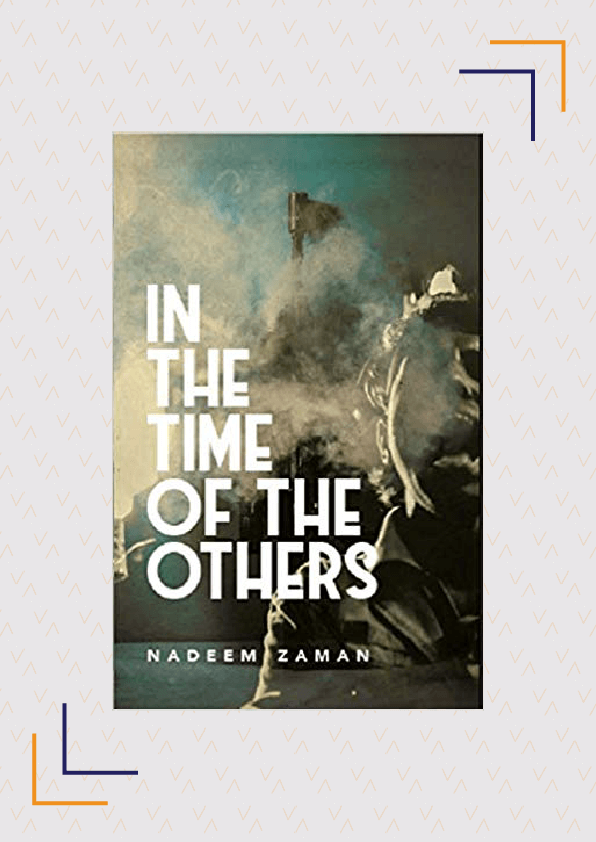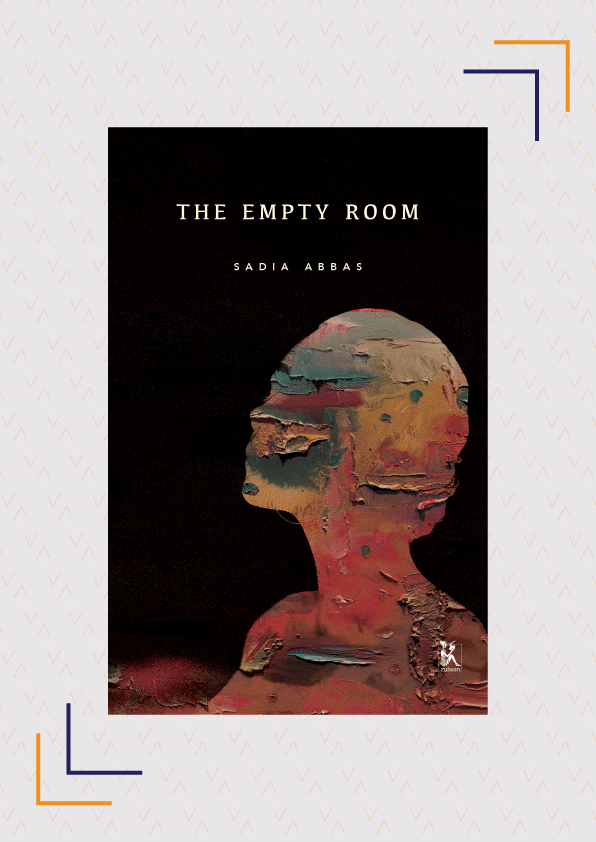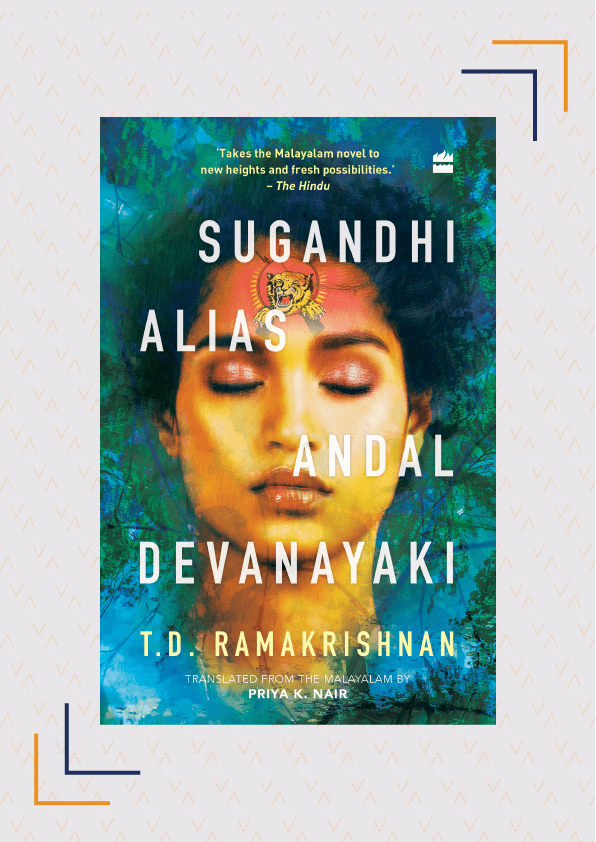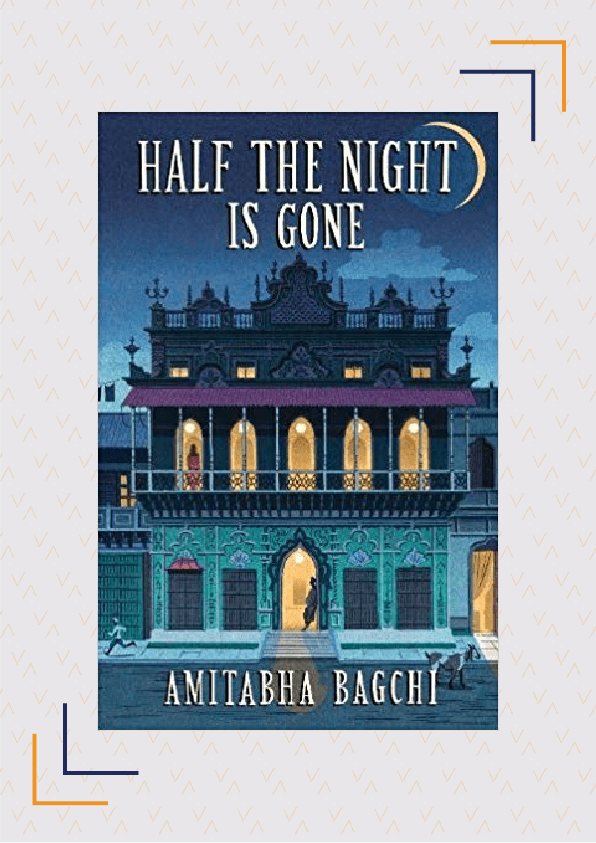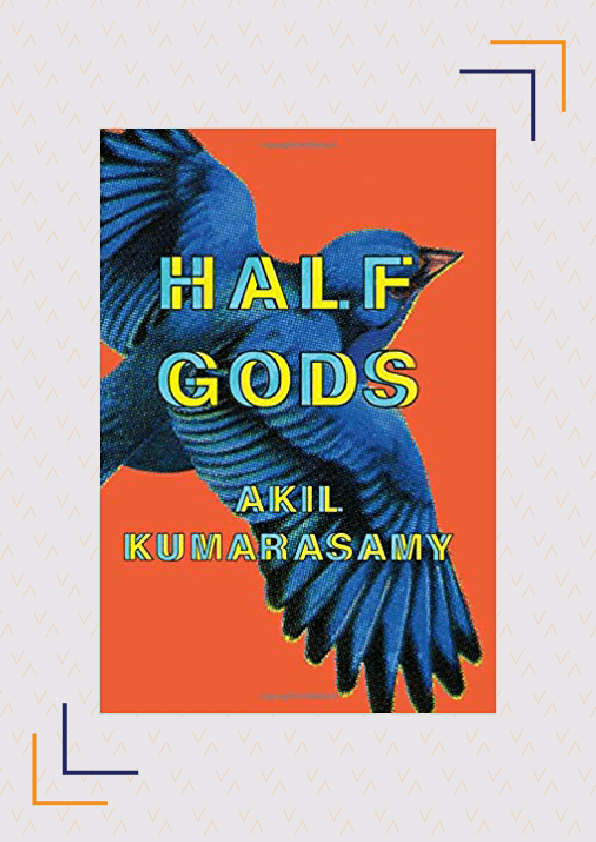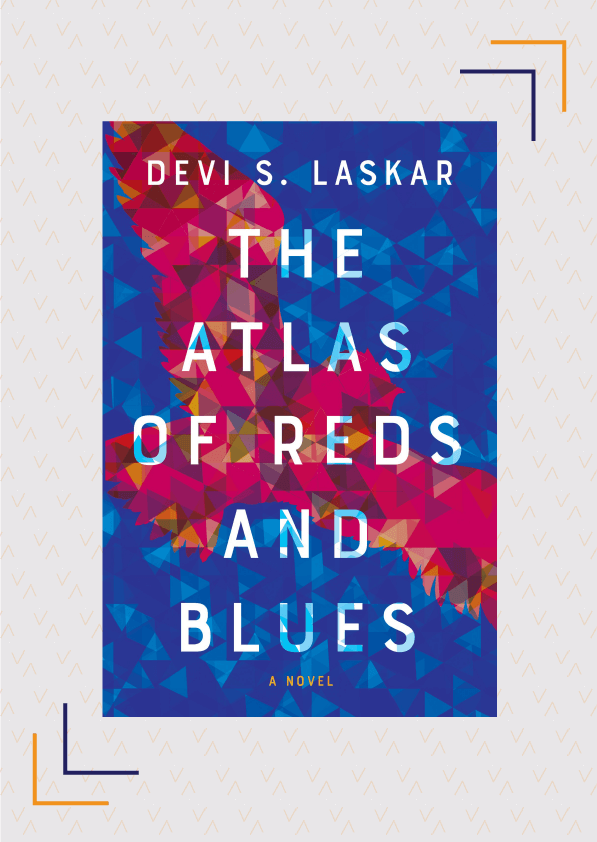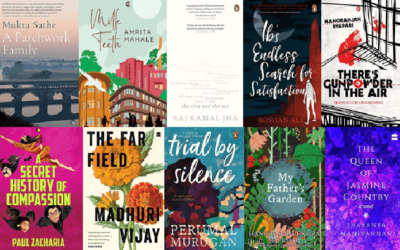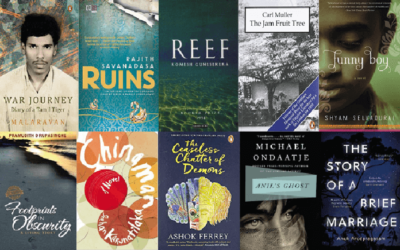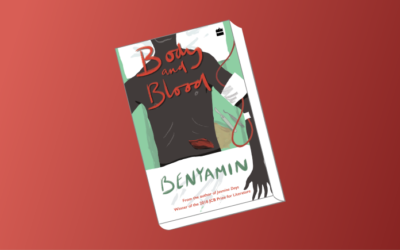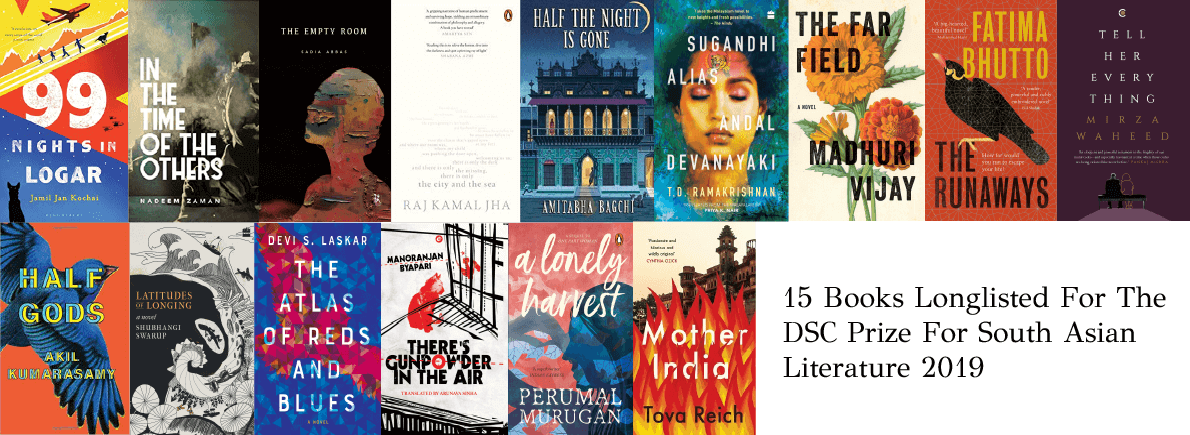
Instituted in 2010, the DSC Prize for South Asian Literature is a $25,000 award that celebrates the rich and varied literature from the South Asian region. To qualify, the writing should pertain to the South Asian region in terms of content and theme. The aim behind the prize is to bring South Asian writing to a new global audience through a celebration of the achievements of South Asian writers and to raise the awareness of South Asian culture around the world.
This year’s longlist of 15 novels showcases the growing diversity and the power of new writing in the South Asian literary landscape, and includes three translated works, seven women authors and seven debut novelists. It is interesting to note that the longlist includes authors based outside this region, with all of them having written about South Asian life and culture with the same perspective and understanding as their counterparts based in the region.
The shortlist will be out in November, giving you enough time to pick your preferred winner(s) from the longlist below.
01
99 Nights In Logar
Jamil Jan Kochai
Kochai’s debut novel is the coming-of-age story of a boy set against the backdrop of a politically tense Afghanistan. 12-year-old Marwand returns to Logar, his village, after spending the past six years in America. However, on the very first night, Marwand gets his finger bitten off by the family dog Budabash, who then runs away. Determined to get the dog back, Marwand and his cousins spend the next 99 days searching for Budabash. Even as he is side-tracked by other (mis)adventures, he and the others share stories which often circle back to war. Lyrical, humorous and gripping, this is a book dedicated to the power of storytelling and a fitting nomination for the DSC Prize.
Buy it here.
02
The Far Field
Madhuri Vijay
Madhuri Vijay’s The Far Field journeys from the hustle and bustle of Bangalore to the quiet, gorgeous and deadly Kashmir. The protagonist, Shalini, sets out for Kashmir after the death of her mother, certain that it is linked to Bashir Ahmed, a Kashmiri salesman who frequented her childhood home and disappeared 10 years ago. Vijay then takes us for a spin when Shalini gets tangled in the local history, violence and hatred that brews in the village she finds herself in and is forced to make choices that could have dangerous consequences. The Far Field examines Indian politics and offers a perspective on loss, anguish and compassion.
Buy it here.
03
The City And The Sea
Raj Kamal Jha
Inspired by the 2012 rape and murder of Nirbhaya, Raj Kamal Jha’s fifth novel, The City And The Sea explores the toxic masculine culture in India. One night, as a child eagerly waits for his mother to arrive from work, a woman shows up at a hotel in Germany, her memory gradually deteriorating. During the course of that night, both of them go on distressing journeys only to meet at the end. However, all is not as it seems. Raj Kamal Jha doesn’t pull punches in this fiction that talks about the aftermath of rape, without using the word ‘rape’ (in English), even once.
Buy it here.
04
A Lonely Harvest
Perumal Murugan & Aniruddhan Vasudevan (Tr.)
For readers who loved One Part Woman, Perumal Murugan has a treat in store for you. With two sequels to this beloved novel, he provides his readers with two alternate endings to Kali and Ponna’s story. In A Lonely Harvest, Kali has killed himself out of despair and Ponna is now forced to face the world alone even as she is haunted by memories of Kali and their lives together. This is a poignant story of female solidarity and second chances. This novel, along with the other sequel, Trial By Silence, have been jointly nominated for the JCB Prize this year.
Buy it here.
05
Mother India
Tova Reich
Mother India is the tale of three generations of Jewish women set against the backdrop of religion and cults in India. The story is told in three sections – “Ma”, “Maya” and “Meena”- named after the women in the family. Meena, a Jewish-American lesbian divorcee narrates poignant tales of her mother, her daughter Maya, her ex-wife Geeta, her twin brother who is a fugitive Guru and their loyal servant Manika. Reich brings to us an intimate, brutal yet tender story that encapsulates elements of faith, society and personal identity. Brilliantly written, Mother India is a moving book with layers of meaning and profound characters. It is a wonderful book to read with your book club.
Buy it here.
06
The Runaways
Fatima Bhutto
Set in Karachi, London, Portsmouth and Mosul, The Runaways, through fiction¸ focuses on the Muslim identity in a world which is ideologically divided. The lives of a slum-dwelling girl trying to escape her impoverished life, a rich but confused playboy, and a misfit, converge in the middle of a war-torn desert, where they are forced to band together and face some of the skeletons in their closets. Longlisted for the DSC Prize for South Asian Literature 2019, this book is a compelling and evocative read.
Buy it here.
07
There’s Gunpowder In The Air
Manoranjan Byapari & Arunava Sinha (Tr.)
Manoranjan Byapari’s second novel, following his searing autobiography, Interrogating My Chandal Life, is a fictionalised tale set in Bengal in the 1970s, in the midst of the Naxalite movement. Inspired from his time in prison, Byapari takes on the tone of an omnipresent narrator in this novel and describes the tale of five inmates who are planning a jailbreak. A searing investigation into what deprivation and isolation can do to human idealism, There’s Gunpowder In The Air proudly upholds the tenets of the Naxal movement and presents a chilling portrayal of what went on inside the prisons of Bengal during that time.
Buy it here.
08
Latitudes Of Longing
Shubhangi Swarup
Latitudes Of Longing spans magical worlds and times featuring characters like a scientist who studies trees and a clairvoyant who talks to them, a geologist attempting to end needless wars over a glacier, a lonely yeti, a shape-shifting turtle and the ghost of an evaporated ocean, amongst many others. Swarup brings together these characters masterfully in her debut novel and is a fitting nomination for the DSC Prize.
Buy it here.
09
Tell Her Everything
Mirza Waheed
In an unnamed city, a young Indian, Dr. K sets up a flourishing practice. In the quest for bigger salaries and higher promotions, Dr. K is co-opted into the merciless penal system that appoints him as the punishment surgeon who aids the disfigurement of convicted criminals. As the title suggests, he sits down to tell it all to his daughter Sara in a dialogue that brings out the complicated narrative of human ethics, empathy and complicity. The novel strongly reminds us of Kafka’s The Trial, with Mr. K and the secretive penal system that he is caught up in.
Buy it here.
10
In The Time Of The Others
Nadeem Zaman
Set in 1971, the year of the Bangladesh Liberation War, Imtiaz arrives in Dhaka to resolve an inheritance issue and finds himself caught in the throes of the war. The novel brings to light various perspectives of the war with nuanced characters that are set in the rich historical context of the unresolved trauma of the Partition of 1947. This work of historical fiction manages to capture the politicisation of 1971 and the human memory of the genocide.
Buy it here.
11
The Empty Room
Sadia Abbas
A far cry from her liberal upbringing around her brother Waseem, an activist, thinker and writer, Tahira’s marriage to Shehezad brings her into a realm of conformity that traps her and stifles her identity. Set in between the years of unstable government and the nine years long civil war of 1969 to 1979, the novel straddles a fine line between the public and the private. Tahira is allowed to continue painting after much negotiation and resistance from her in-laws. Facing the loss of her brother who is caught up in the repressive regime, Tahira holds on to light and colour through her series of paintings entitled ‘The Empty Room’.
Buy it here.
12
Sugandhi Alias Andal Devanayak
T.D. Ramakrishnan & Priya K. Nair (Tr.)
Peter Jeevanandam arrives in Sri Lanka to shoot a movie about a human rights activist ostensibly murdered by the LTTE. The movie is a cover for Peter’s real mission to find Sugandhi – an LTTE member, and the love of his life. He however stumbles on and becomes a part of the plot to murder the president. The author employs magical realism to blend myth and memory in a manner that presents a powerful critique of the violence inherently involved in fascism and revolution. The fable of Devanayaki sets the historical context of violence against women and the archaeology of war, rape and repressive power politics across centuries. The novel is also the winner of the 2017 Vayalwar Award and the Kerala Sahitya Akademi Award, and has been nominated for the DSC Prize this year.
Buy it here.
13
Half The Night Is Gone
Amitabha Bagchi
Hindi novelist Vishwanath is crushed by the loss of his son in an accident. The tragedy breaks his long dry spell and he sets out to write a novel on the household of Lala Motichand. Besides the two sons of Motichand, one legitimate and the other illegitimate, Vishwanath also tells the story of the lala’s personal servant, Mange Ram, and his son, Parsadi. The writer ties together the threads of the unbroken bonds of father and son relationships while arousing nostalgia of a bygone India and its feudal past. The novel looks at the state of India post-independence and raises questions of religion, literature and society in these fractured times.
Buy it here.
14
Half Gods
Akil Kumarasamy
A Tamil grandfather manages to flee Sri Lanka along with his daughter, but they can’t seem to let go of their turbulent past. Elsewhere, a girl named after a Hindu goddess gets adopted into a Muslim family, and a lonely butcher finds unexpected comfort with refugees in New Jersey. With tales of families and displacement that take us from India to Sri Lanka and America, this collection of short stories will mesmerise everyone. Akil Kumarasamy’s debut novel is not to be missed.
Buy it here.
15
The Atlas Of Reds And Blues
Devi S. Laskar
The unnamed narrator, known only as ‘The Mother’, relocates her family from the city of Atlanta to its wealthy suburbs only to find the inbred biases and racial prejudices she experienced in her childhood are still very much prevalent. Born to Bengali immigrant parents in America, her identity and belonging is constantly questioned even though her daughters are American, and she is married to an American. Sick of the constant raids, The Mother reaches her breaking point during a baseless police raid of her home. She refuses to give in and stay calm and is ultimately shot. Her life flashes before her eyes as she lays bleeding on her driveway, struggling to come to terms with how she ended up here. Longlisted for the DSC Prize, the novel brings to light the struggles of second-generation immigrants and the fight for belonging, while exposing the underbelly of racism in America.
Buy it here.

